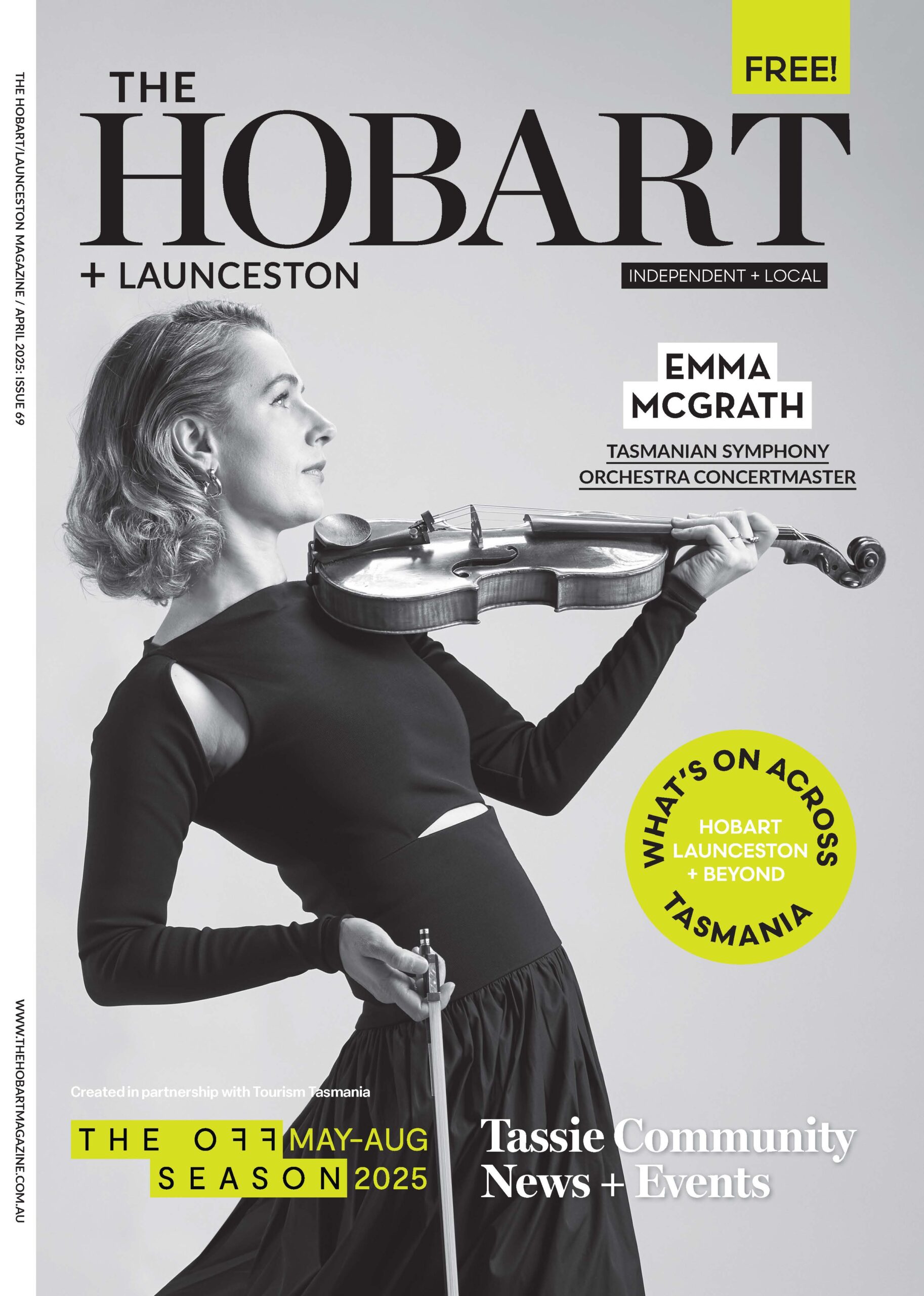Do Good, Feel Good
by Annia Baron

On that morning many years ago, I woke feeling particularly sorry for myself. With crutches under my arms for the third time and my throbbing, swollen ankle, I treated myself to breakfast at Straight Up.
Slowly sipping coffee, the tears started welling in my eyes. I was caught up in many thoughts – about my mum’s dementia, longing to be reunited with someone I knew I’d never see again, a sense of being overworked and overwhelmed, and pressed by the broader issues going on in the world. I ordered cake for breakfast. Yes, cake, coffee, and a bagel. When I finished and approached the counter to pay, I was told my card wasn’t necessary. “Your meal’s been paid for, Annia.” Surprised, I asked who it was. “She didn’t say, just a nice lady.”
That woman’s gesture changed my entire day and likely shifted my trajectory. I wasn’t happy because she kindly paid for my meal. I was joyous because in an instant, I felt important enough for someone’s intentional generosity. I felt connected to someone I had never met. I felt seen. As I hobbled out, tremendous elation reverberated through me and I like to think that from that day, I became an even better psychologist for those I’ve been honoured to work with.
Research supports the link between altruism and increased health and happiness (Curry et al, 2018). Doing good deeds boosts hedonic and eudaimonic wellbeing, activating brain regions associated with pleasure, trust, and social cohesion. Altruism has been found to have neuroanatomical protection against depression among people with a vulnerability towards mood disorders (Miller et al, 2021). Scientists even talk about the release of endorphins that results in the “helper’s high” and this has been seen amongst volunteers who experienced reduced aches and pains. Altruism can also combat addiction. Addicts who support others, even in small ways, can significantly improve their own chances of avoiding relapse (Pagano et al, 2013). And interestingly, doing good deeds improves our love lives, with altruists being found to have more sex (Arnocky et al, 2016)!
But as much as we like the idea of being a good Samaritan, many of us, most of the time have a lot going on. And sometimes the last thing we have energy for is to think about creating happiness for others, especially when we aren’t feeling so great ourselves. And if we’re tired, deflated or being self-defeatist, the cloudy headspace we get caught up in doesn’t tend itself to an attitude of generosity and benevolence. When someone cuts you off in traffic, when you get a parking fine or when you’re stressed out by a deadline, it’s rare that in that moment we stop and think, “I’m going to leave some flowers on my neighbour’s doorstep” or “I’ll prepare lunch for the homeless person I see each day in town.” Usually, it’s not until we ourselves are feeling good that we think about making others feel good too. After all, brightening up someone’s day takes time, effort and resources, right?
But maybe we’re thinking about altruism all wrong. What if, like physical exercise or meditation, we approached altruism like a muscle; the more we use it the more we strengthen it, and the greater rewards we get in return. When we spark joy for others, we ignite it for ourselves too. And what better way to improve our mood than be part of collective ripple effect that enhances social connection, empathy, and kindness. We know after all, that altruism is contagious, spreading by three degrees, from one person to another, to another (Fowler & Christakis, 2010).
Paying for someone’s coffee, leaving a love note from somebody to find, or emphatically opening the door for others – these things don’t take a lot of time, money or effort, but the effects can be monumental and reshape the way we treat each other as a community, society, nation and human race. As William James said, “Act as if what you do makes a difference. It does.” So let’s start a powerful movement: be courageous with your kindness. Pretend, even for just a day, that everyone you encounter is a dear friend and treat them the way you’d love to be treated. Your little act of goodness could turn someone’s life around and it will make you feel like a million bucks, for free. How powerful is that?
Create the life you want
Although factors such as genetics, which are not in our control, affect our wellbeing, more than a third of the variance in our individual levels of happiness remains in our control (Bao & Lyubomirsky, 2014). Isn’t that liberating? You have the power to create a life that you desire and deserve. What are you going to choose to do today, that will have a direct effect on yours and others’ wellbeing?
Annia Baron is a Clinical Psychologist & Mindset Coach. Interested in elevating your mindset to live a life you desire and deserve? Get in touch on 0402 448 278, on Instagram @anniabaron or visit www.remindyourself.com. Full references for this piece are available on our website.

